Sun Wukong Was Once Human—His Prototype Was a Xianbei Person! (Provided by “Wenzhao’s Flying Thoughts”)
[People News] In the official narrative of (Communist) China, Sun Wukong is being summoned once again—not as the rebellious figure who wreaked havoc in Heaven, but as a national hero tasked with the mission of “exporting Chinese culture.” In early 2024, a Chinese-made action game inspired by Journey to the West, titled Black Myth: Wukong, made a huge splash in Western markets. Chinese state media quickly jumped on the opportunity, hailing it as a sign of “cultural confidence” and a soft-power counterattack against the U.S.
However, behind this high-profile cultural campaign lies the absurd contradiction of the CCP’s policy logic. Xi Jinping wants to both suppress Wukong and have him fight Trump. On one hand, the regime tightly controls the gaming industry and stifles creativity; on the other hand, it expects the same industry to become a surprise weapon in combating Trump’s tariff encirclement. But can a Sun Wukong with a tightening headband truly act with divine justice and overcome the storms of a trade war?
Gaming Industry: From “Spiritual Opium” to “Strategic Asset”
China’s gaming industry was once one of the world’s most promising cultural export forces, with a vast domestic market and solid technological foundations. But since 2018, under Xi Jinping’s leadership, “cultural governance” measures came crashing down: anti-addiction policies, real-name registration, content censorship, restrictions on fantasy themes, playtime limits for minors, and prolonged freezes on new game licenses. These moves plunged the entire industry into a deep winter.
This series of policies completely suppressed creative energy, caused the collapse of countless small and medium developers, led to a brain drain, and scared off investors, triggering a death wave in the entrepreneurial scene. The irony is, games once labelled as “spiritual opium” are now rebranded as “strategic cultural assets.”
As U.S.-China tensions persist into 2025, and with Trump’s return to the political arena and tariffs reintroduced, Beijing is scrambling to avoid high tariffs on tech and manufacturing. Suddenly, the gaming industry is being packaged as a new key export, and the idea of “games going global” is being elevated to a political mission.
This is not industrial support—it’s a complete policy U-turn.
Black Myth: Wukong Is a Miracle, Not the Norm
The success of Black Myth: Wukong is certainly notable, but it does not mean that China’s “gaming export strategy” is guaranteed to succeed. The game’s success stems from high-end development, artistic quality, and a sharp understanding of Western players’ tastes. It’s the result of the development team’s own talent and market instincts, not a product of government policy.
The real issue is: in China’s high-pressure environment of censorship and cultural red lines, how many such creative miracles can truly be replicated? If a game must pass through layers of content review, ideological scrutiny, and remain constantly alert to sudden policy changes that might shut it down, then the so-called “export strategy” becomes nothing more than an empty political slogan.
The harsh reality is, Western markets are not fully receptive to Chinese games. Aside from concerns over data privacy and surveillance, Western players often criticise Chinese games for being overly pay-to-win, narratively rigid, and overly nationalistic. The success of a single game cannot mask the systemic problems facing the entire industry.
China vs. the U.S.: Forced Evolution vs. Natural Evolution
The U.S. gaming industry, of course, has its own issues—market saturation, innovation fatigue, and skyrocketing production costs. But it still operates based on market forces rather than state mandates. For example, Sony’s heavily promoted new IP, Concord, despite massive investment, was still shelved due to poor market feedback. This reflects an ecosystem where players still decide the fate of a product.
In contrast, every step of China’s gaming industry—from creation to release—takes place under the shadow of “policy.” The industry does not evolve naturally; it is forced to “mutate” within the tight confines of power and censorship. Such distorted evolution is neither sustainable nor truly competitive.
A country that simultaneously suppresses creativity and tries to export culture is caught in a fundamental logical contradiction. True soft power is never commanded—it is nurtured organically in a free environment.
Without Removing the Headband, Wukong Can’t Win
Xi Jinping’s regime is now trying to send a tightly controlled Sun Wukong overseas to battle Trump’s tariffs. This storyline is not just absurd—it’s doomed.
Because what truly wins over global players is not a “cultural mission,” but creative freedom; not political manoeuvring, but compelling content. If a monkey can’t even somersault freely in his own country, how can he leap across oceans and conquer the world?
In the end, this “game export” farce will only cause Wukong more and more pain with each jump.
(Excerpted from Newtalk)

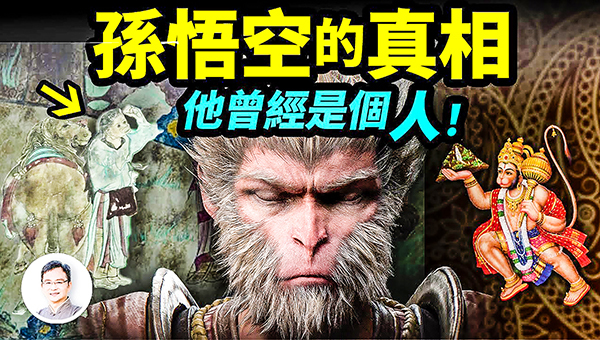
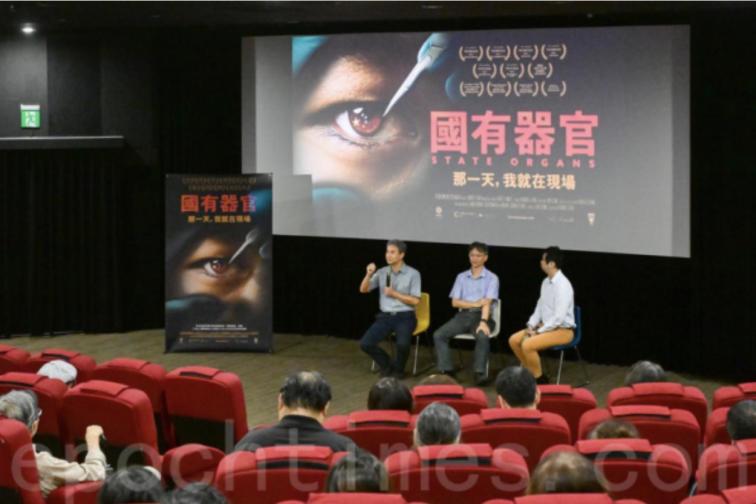
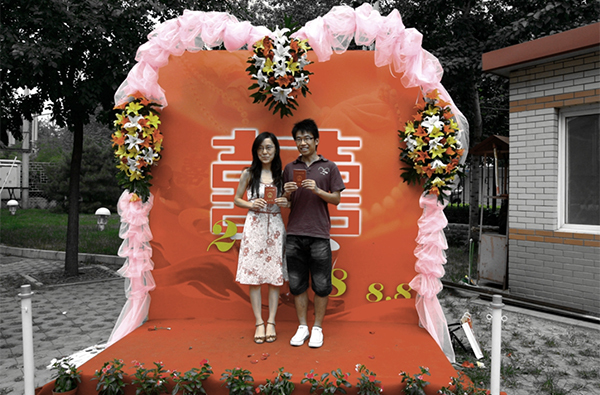


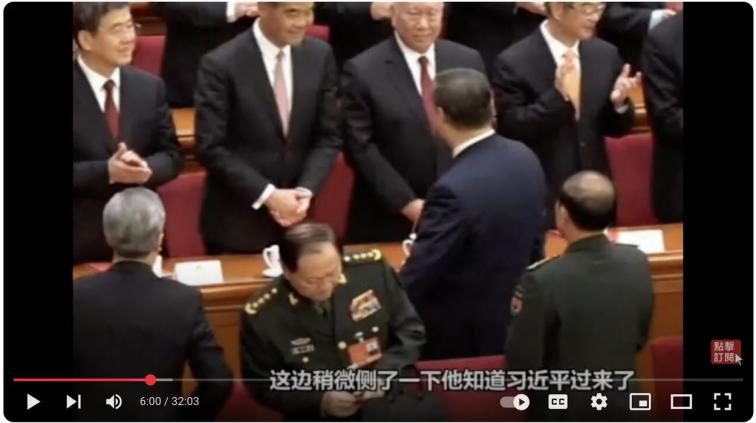
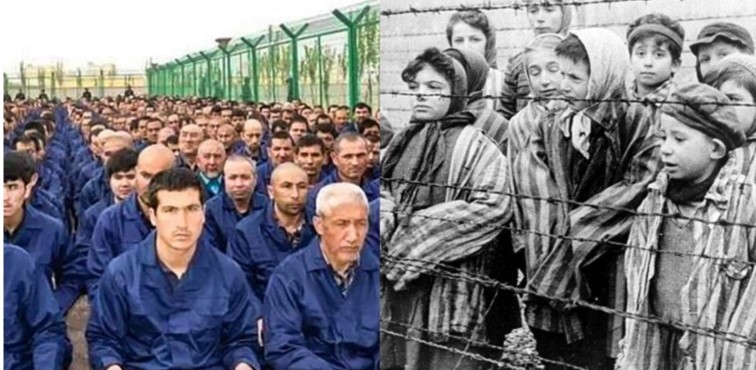

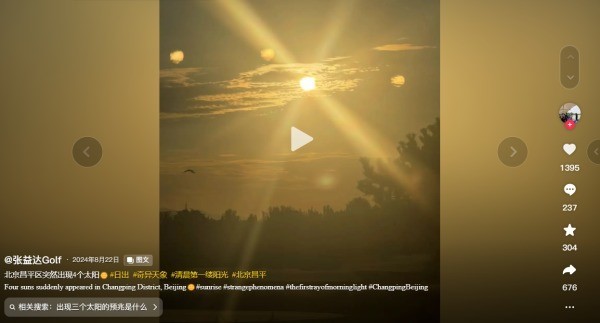

News magazine bootstrap themes!
I like this themes, fast loading and look profesional
Thank you Carlos!
You're welcome!
Please support me with give positive rating!
Yes Sure!